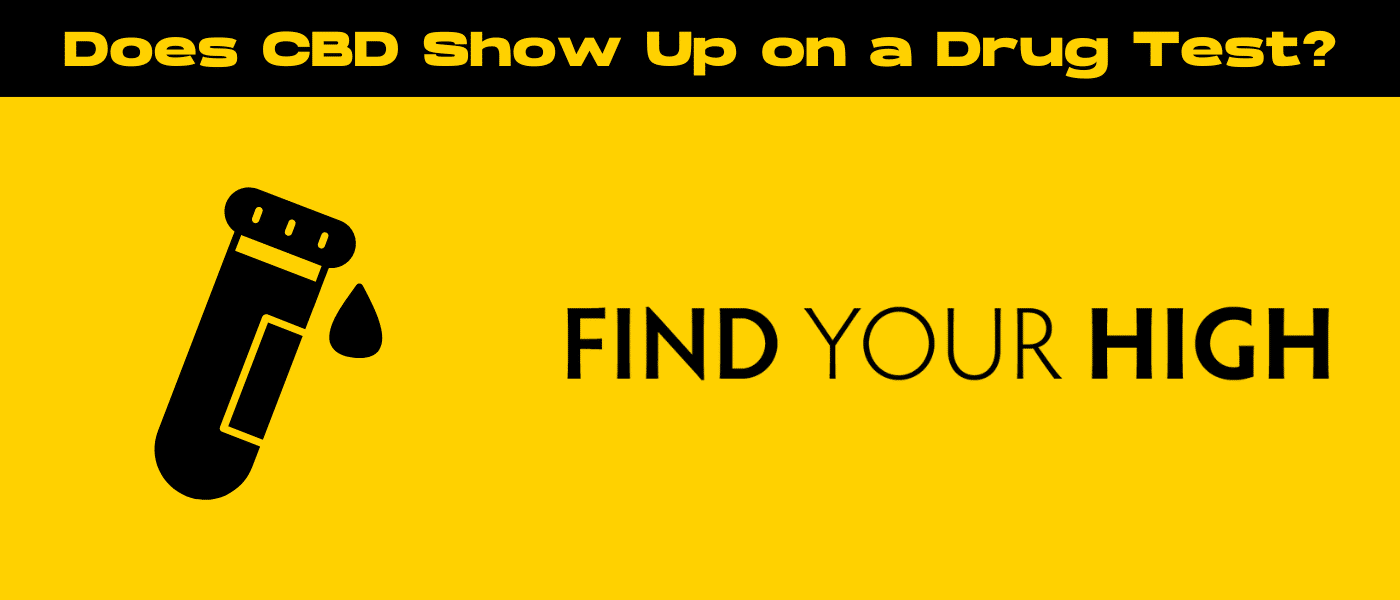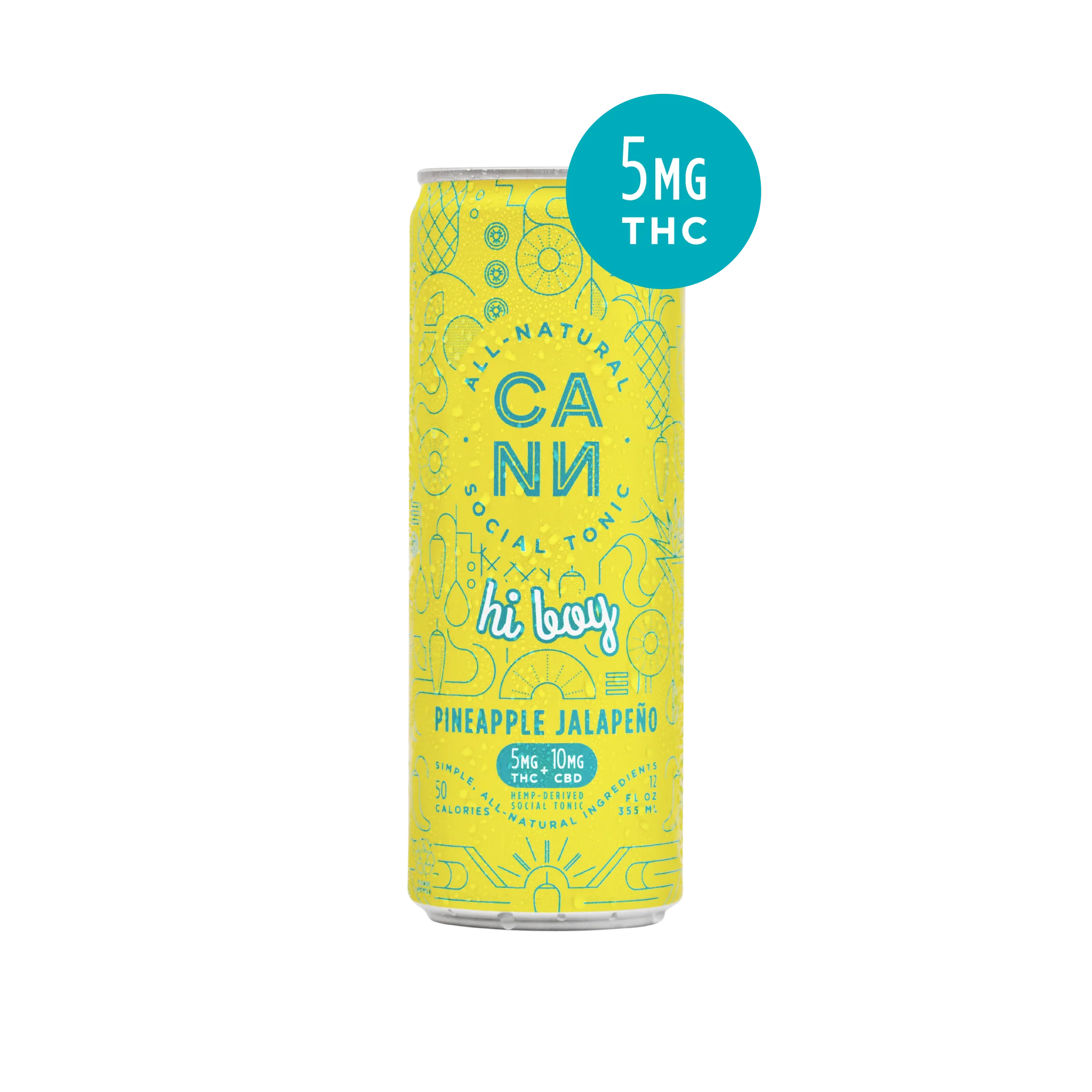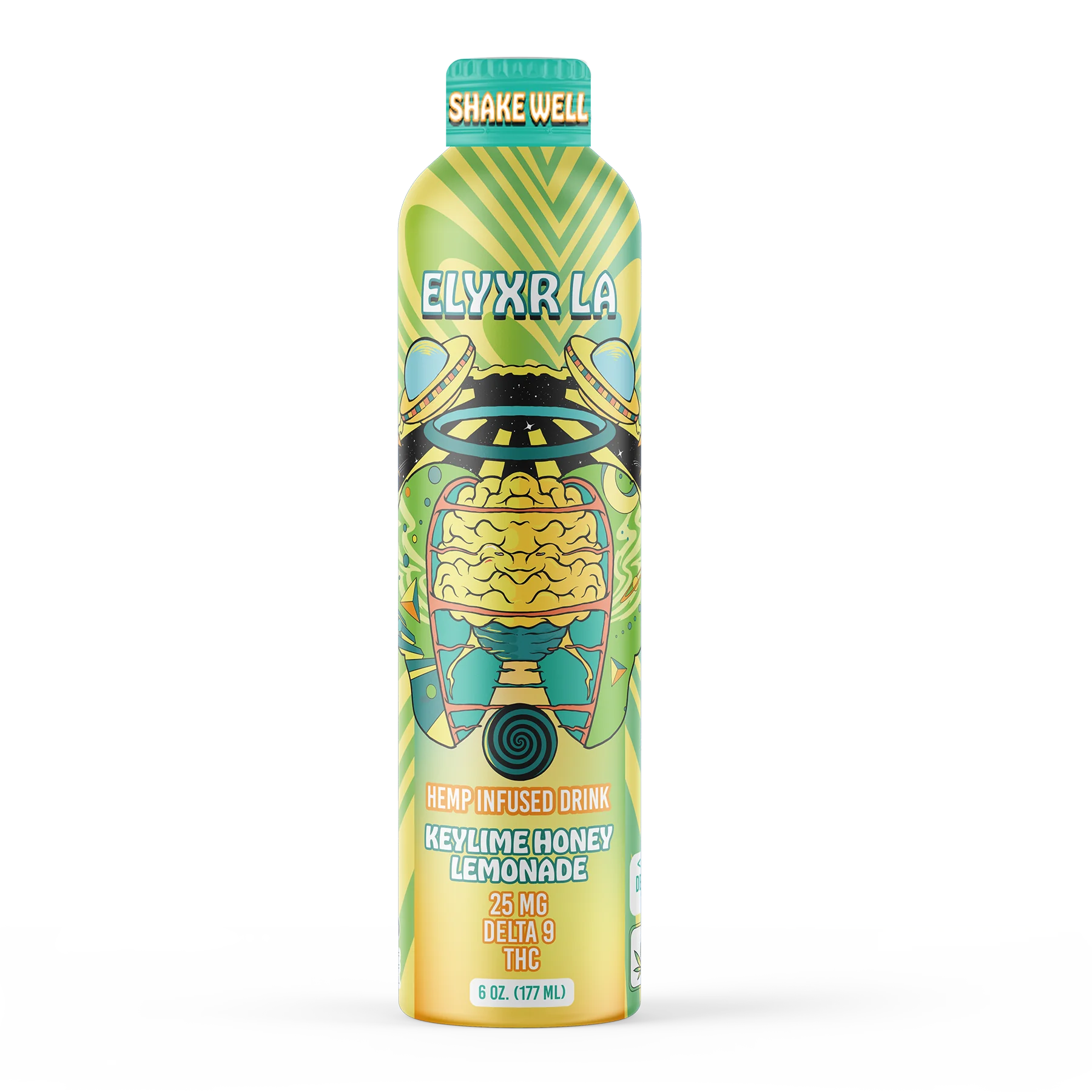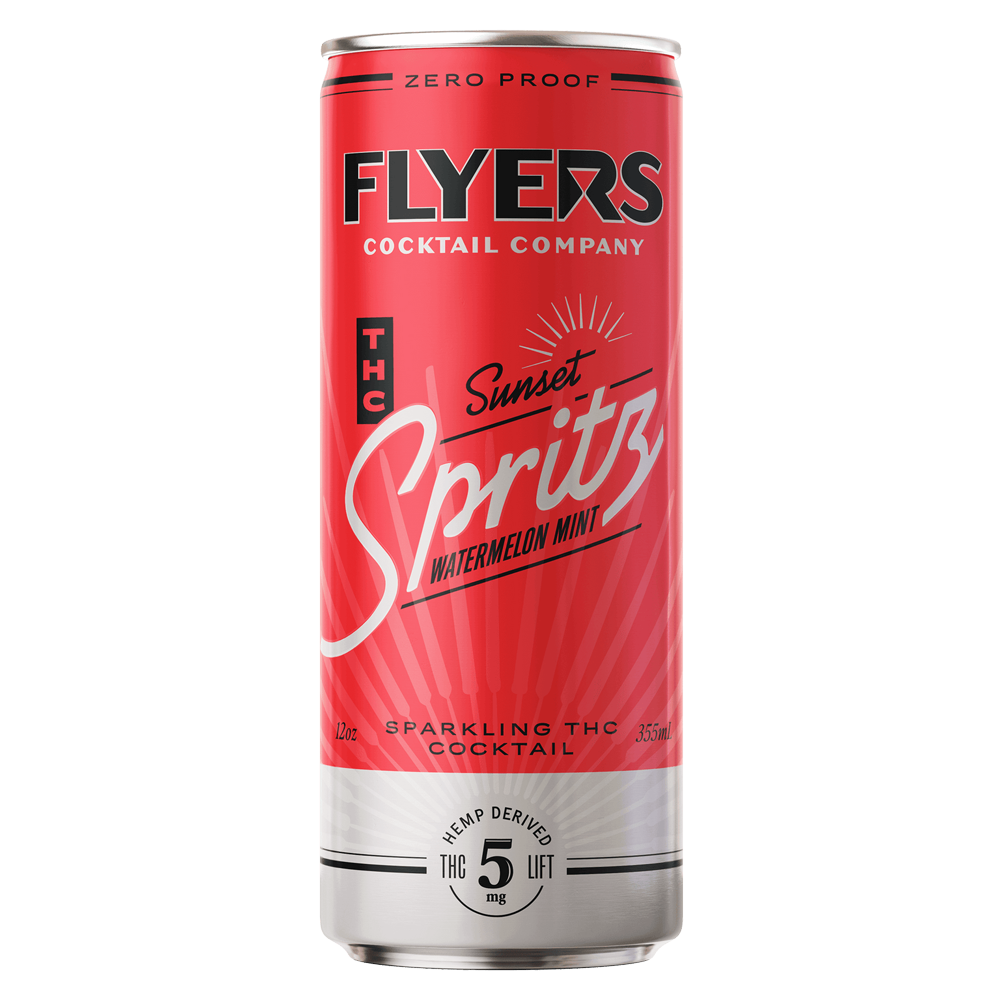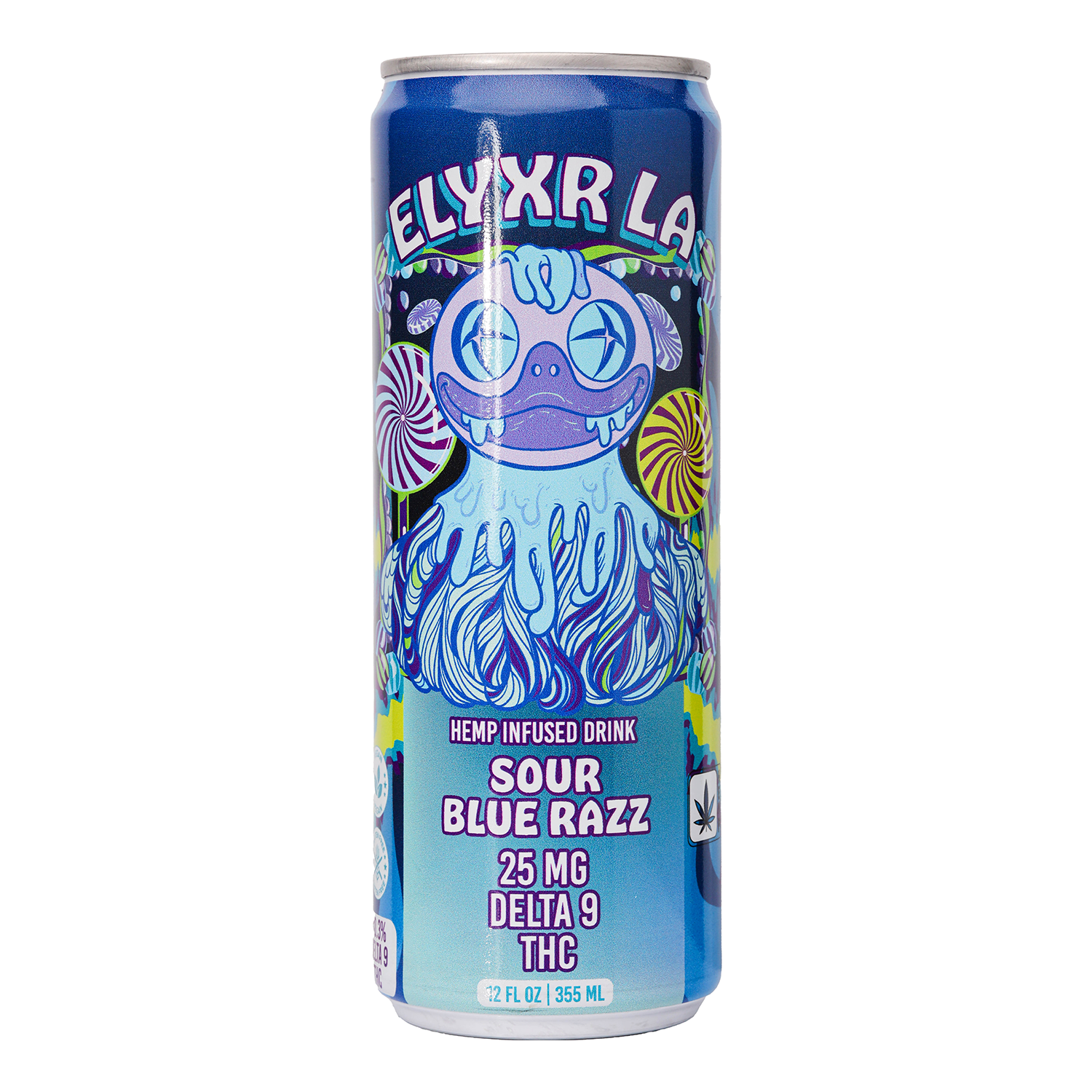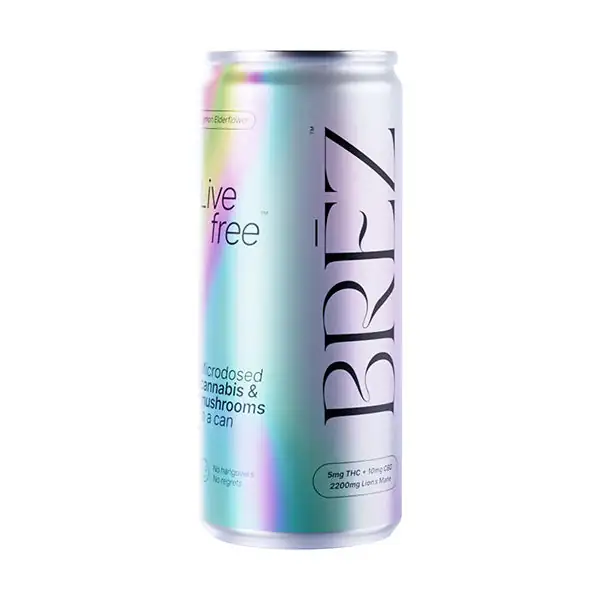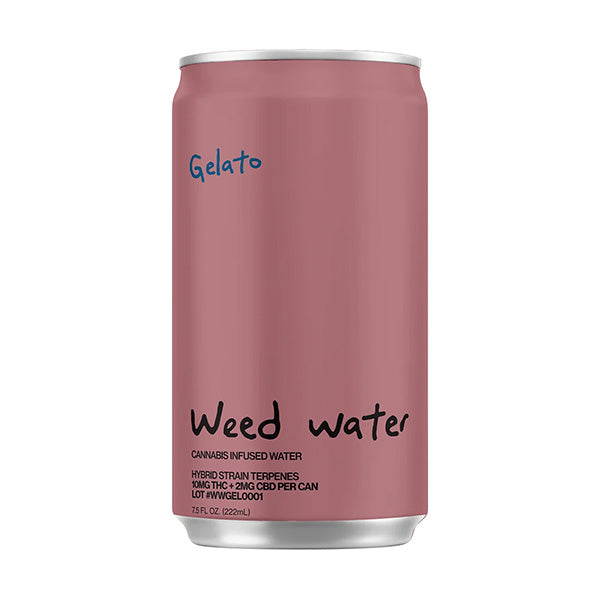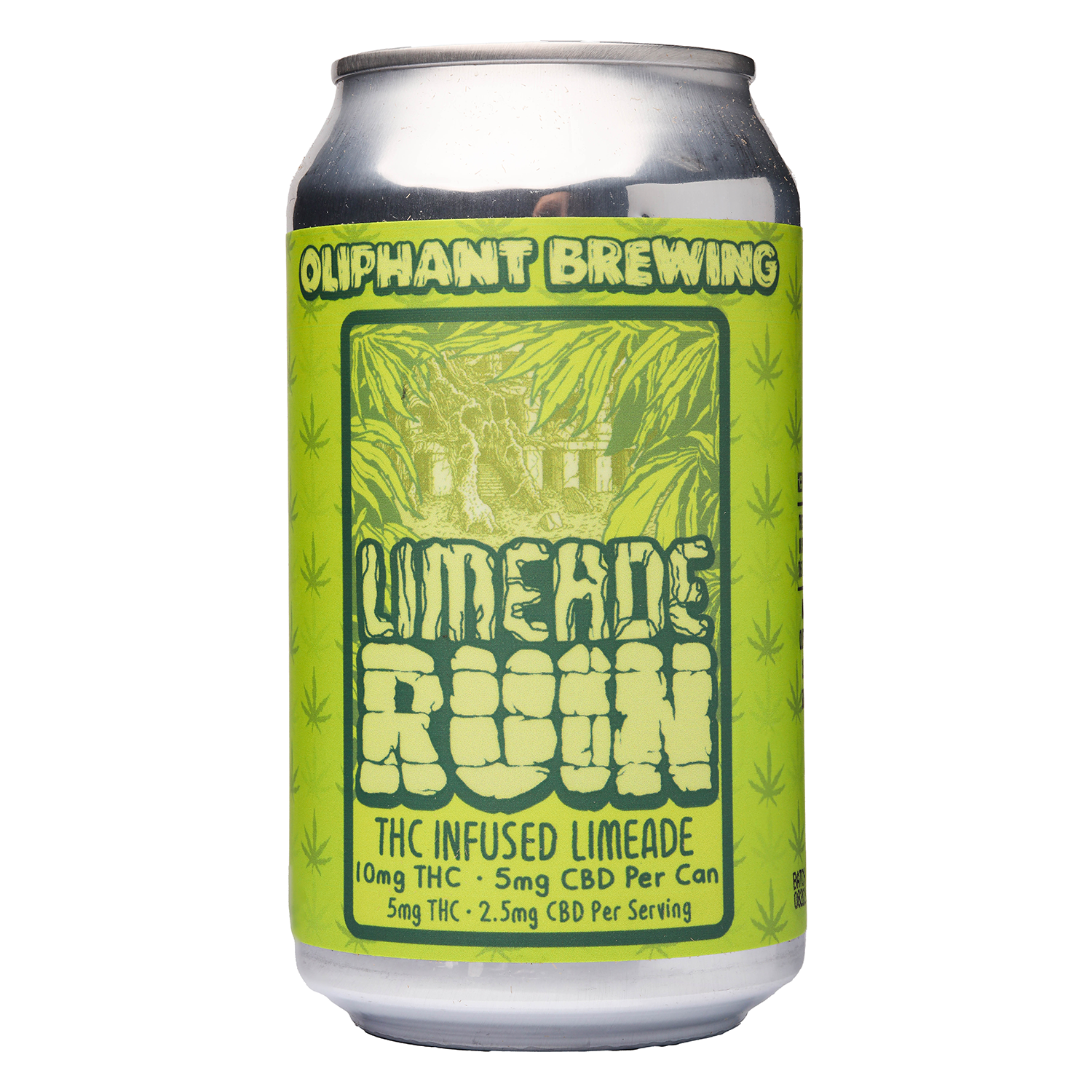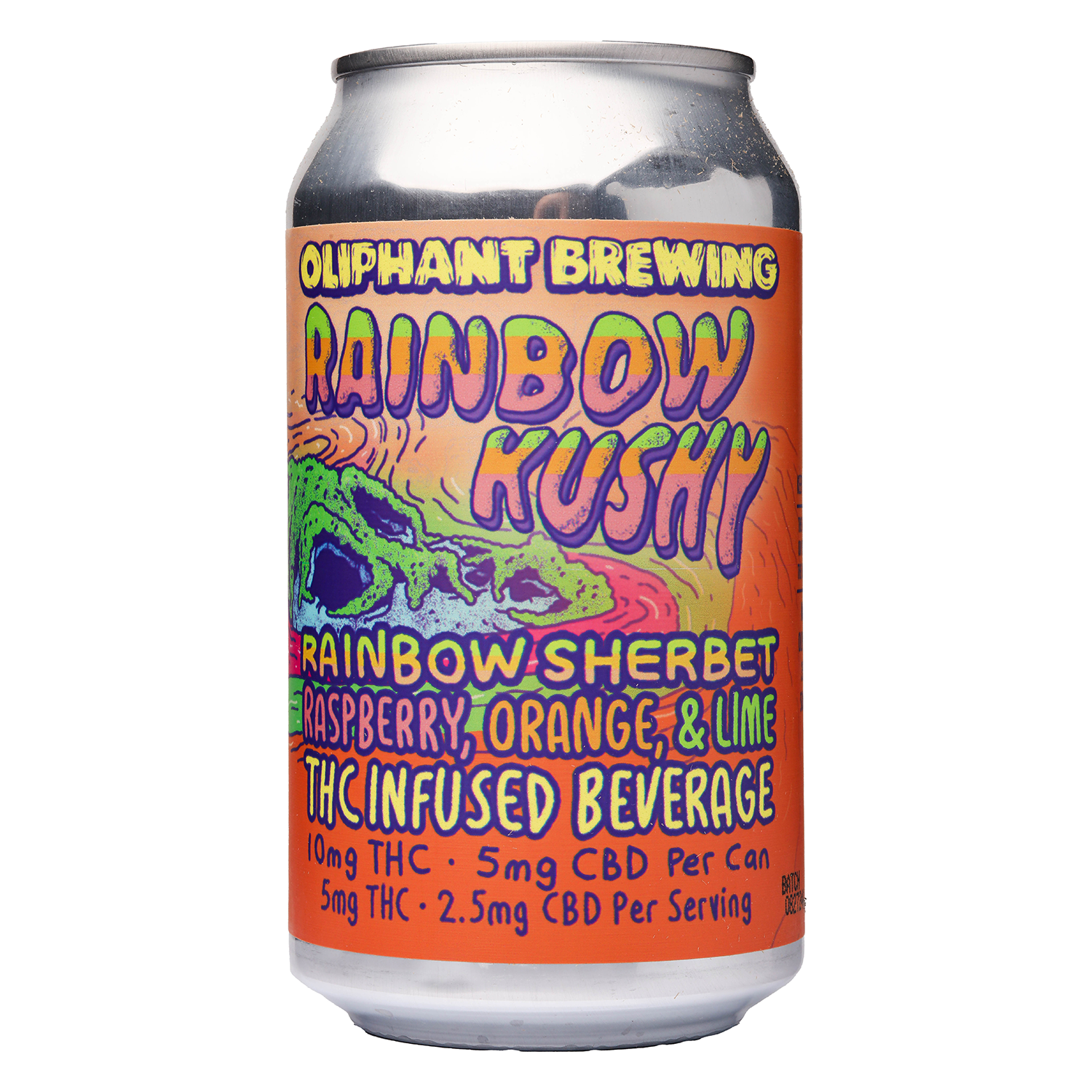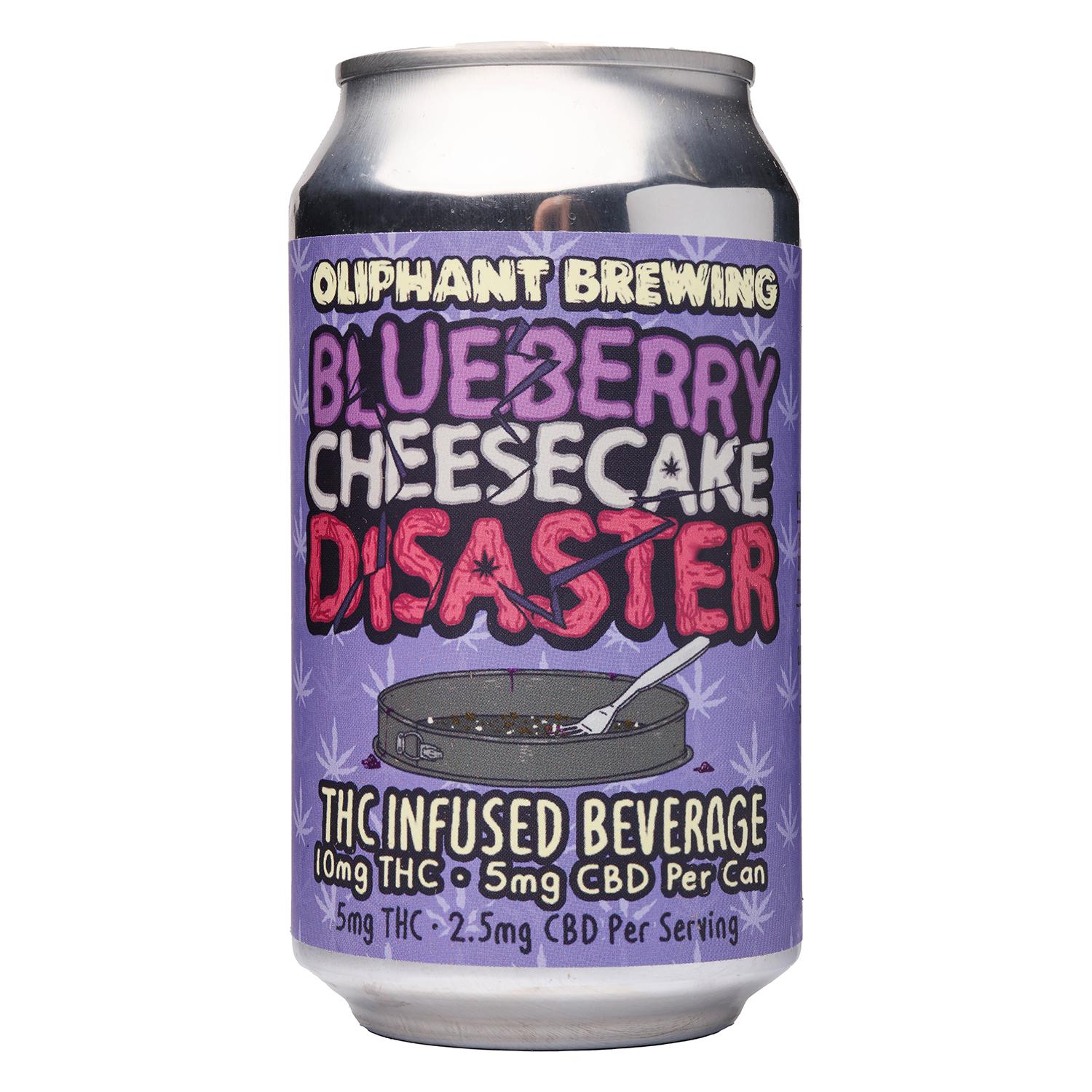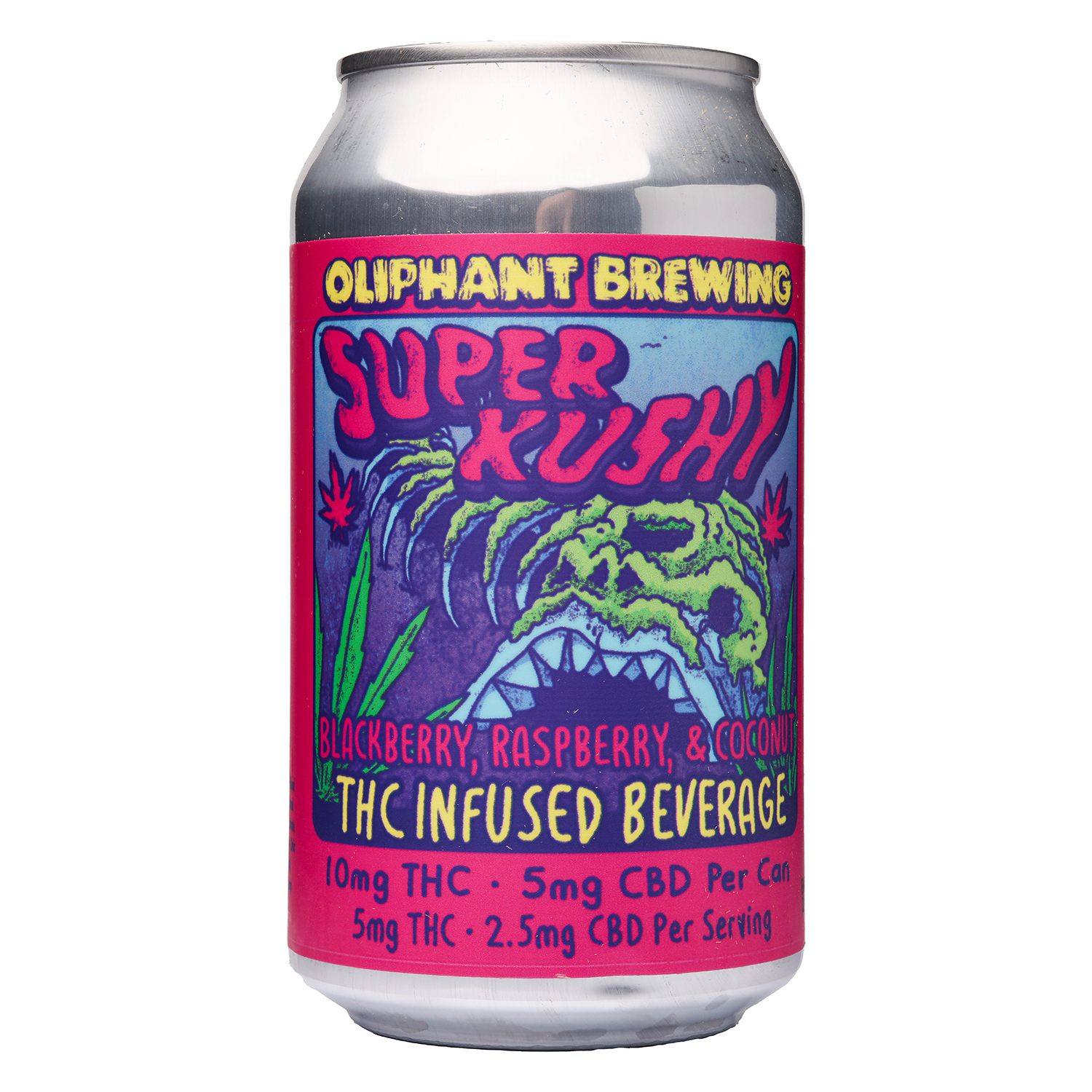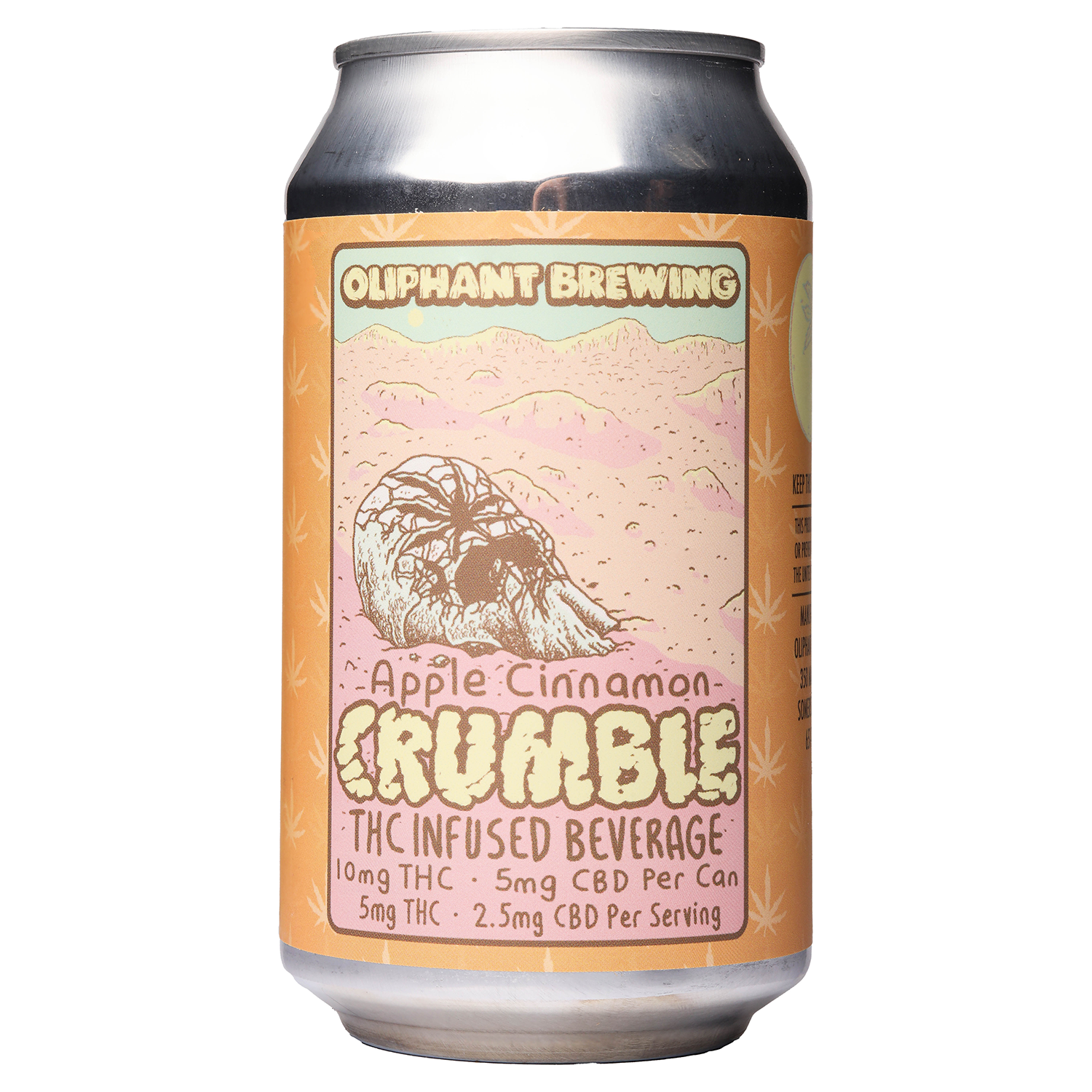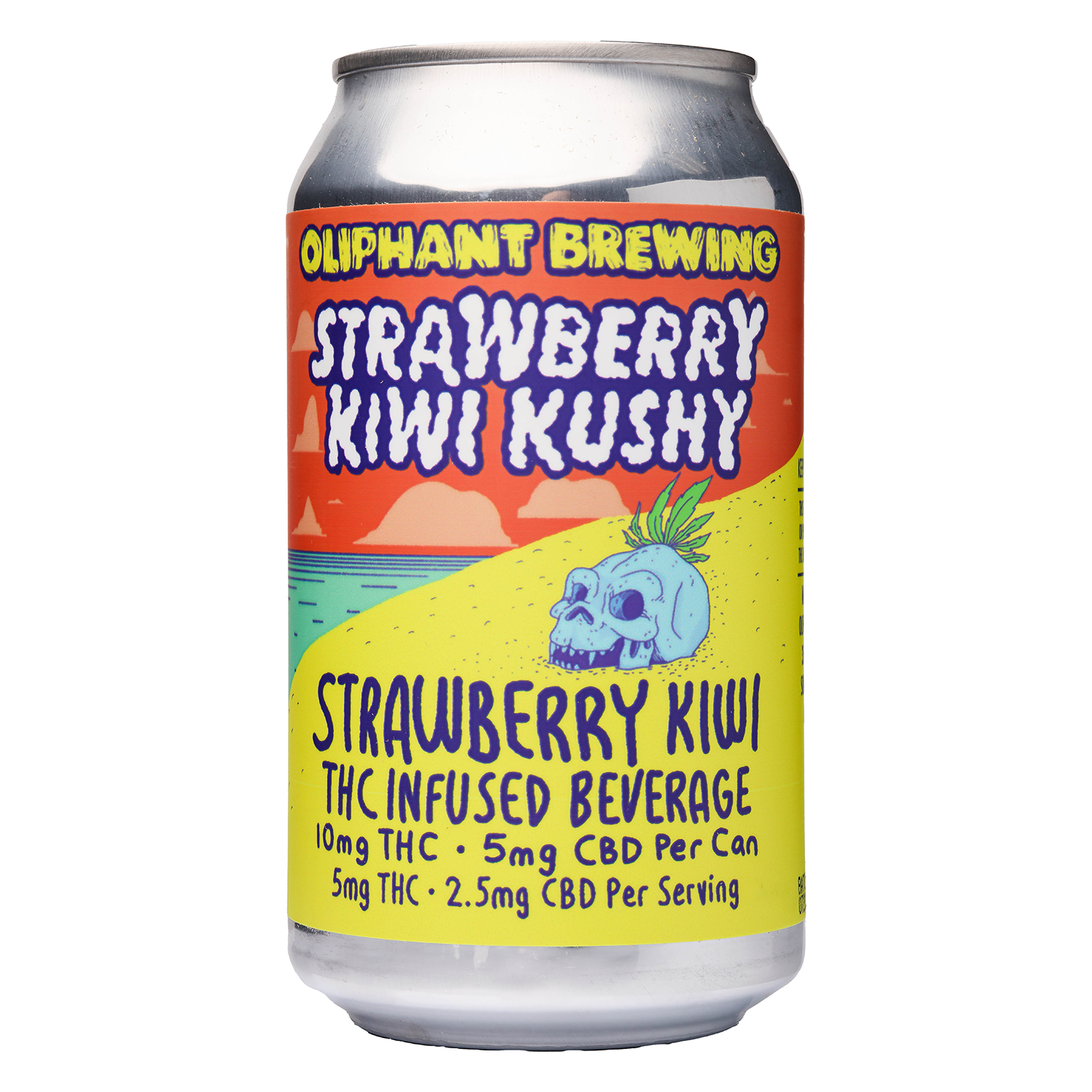CBD has become one of the most popular wellness supplements in recent years, showing up in everything from tinctures and capsules to coffee, skincare, and even dog treats. But for all its growing popularity, one question continues to come up—does CBD show up on a drug test?
Whether you’re applying for a job, subject to random workplace drug testing, or simply curious, understanding how CBD interacts with drug tests is crucial. The short answer is: CBD itself usually won’t cause a failed drug test, but certain CBD products might. Let’s break down why that happens, how drug testing works, and what you can do to avoid any surprises.
How Drug Tests Work: What They’re Actually Testing For
To understand the relationship between CBD and drug tests, it helps to know what drug tests are actually designed to detect. Most routine drug screenings—including those used by employers—are not testing for CBD. Instead, they’re specifically looking for substances that are classified as controlled or illegal under federal or state law, such as cocaine, opiates, amphetamines, and notably, THC, the psychoactive compound found in cannabis.
More precisely, urine drug tests—the most commonly used drug test format—are screening for THC-COOH, a metabolite your body produces after processing THC. This compound lingers in the body long after THC’s effects wear off, and it’s the target of typical immunoassay tests (aka your positive thc test). In general, a positive result occurs if THC-COOH levels exceed 50 ng/mL, though this threshold can vary depending on the lab or employer.
CBD oil, on the other hand, is non-intoxicating and isn’t typically flagged in these screenings as a “positive CBD drug test.” But here’s where things get a little tricky: not all CBD products are created equal, and some may contain enough THC—intentionally or otherwise—to raise red flags.
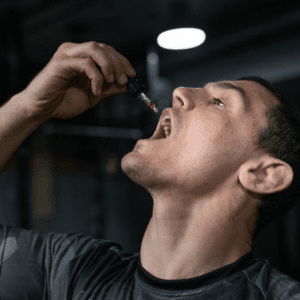
CBD vs THC: Key Chemical Differences
CBD (short for cannabidiol) and THC (tetrahydrocannabinol) are both cannabinoids, meaning they’re compounds derived from the cannabis plant. Despite their shared origin, their effects on the body—and how they’re viewed in the eyes of the law—are very different.
THC is the compound responsible for the classic cannabis “high.” It binds with receptors in the brain and central nervous system, producing the euphoric, mind-altering effects commonly associated with marijuana use. Because of this, THC remains a Schedule I controlled substance under federal law (though state laws may differ).
CBD, by contrast, doesn’t cause intoxication. It interacts with a different set of receptors in the body and is often used to promote relaxation, support sleep, and relieve inflammation or discomfort. The 2018 Farm Bill legalized hemp-derived CBD products as long as they contain less than 0.3% THC by dry weight. However, even that trace amount can potentially cause problems on a drug test—especially over time or in large doses.
Types of CBD Products and Their Drug Test Risk Levels
Not all CBD is the same. The kind of product you’re using can significantly influence your risk of submitting a positive test result. Here’s a breakdown of the three main types of CBD products and how they relate to THC exposure:
- Full-Spectrum CBD: This includes all cannabinoids naturally found in the cannabis plant—including THC. While legal hemp-based full-spectrum CBD contains only trace THC (under 0.3%), those trace amounts can accumulate in your system with regular use and potentially lead to a positive drug test.
- Broad-Spectrum CBD: This type contains a range of cannabinoids and terpenes but typically excludes THC. That said, cross-contamination or insufficient purification can sometimes leave behind tiny amounts of THC, particularly in less rigorously tested products.
- CBD Isolate: The purest form of CBD, isolate contains only cannabidiol and should not contain any THC whatsoever. When made by reputable companies with proper lab testing, isolate carries the lowest risk of triggering a positive drug test.
Always check for third-party lab results—also known as a Certificate of Analysis (COA)—when buying CBD. This document verifies what’s in your product and helps confirm there’s no hidden THC lurking in your gummies, tinctures, or topicals.
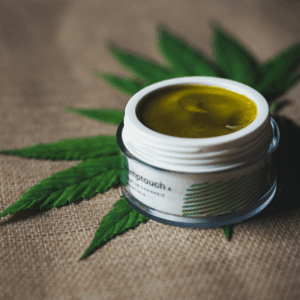
Situations Where CBD Could Trigger a Positive Drug Test
While pure CBD won’t make you test positive, there are still several situations where using CBD could indirectly cause a positive result. These include:
- Using full-spectrum products regularly: Even trace amounts of THC can build up over time, especially if you’re taking high doses daily.
- Inaccurate labeling: The CBD industry is still loosely regulated. Some products advertised as “THC-free” or “broad-spectrum” may actually contain detectable levels of THC.
- Large serving sizes: If you’re consuming large doses of full-spectrum CBD, you’re ingesting more THC than someone who only takes a drop or two occasionally.
- False positives: Rare but possible, some immunoassay tests may confuse certain cannabinoids or metabolites with THC-COOH. Follow-up testing (like GC-MS) is usually required to confirm the result.
The risk is low—but not zero. For individuals who are subject to routine or random drug testing, that slim margin of error could be a big deal.
Legal and Workplace Implications
Even though CBD is federally legal when derived from hemp, its legal gray area and potential to cause a positive drug test mean that workplace consequences are still very real. Employers are not always sympathetic to the nuance between THC and CBD, especially in zero-tolerance environments like federal jobs, transportation, or safety-sensitive industries.
While some states offer employment protections for medical cannabis users, those protections typically don’t extend to CBD users, even if the CBD is legal. Furthermore, failing a drug test—regardless of how or why—can result in termination, rescinded job offers, or even legal trouble in certain settings.
Always check your employer’s drug policy before using CBD, and if necessary, speak with HR or a supervisor about your options.
How to Avoid Failing a Drug Test When Using CBD
If you’re committed to using CBD and want to steer clear of drug test issues, there are a few smart steps you can take:
- Stick with CBD isolate or broad-spectrum products from reputable brands
- Review third-party lab reports (COAs) to verify THC content
- Avoid high-dose full-spectrum products, especially on a daily basis
- Time your CBD use carefully if you know a drug test is coming up
- Document your usage and retain product packaging and receipts just in case
These precautions aren’t foolproof, but they significantly reduce your chances of encountering issues during drug screenings.
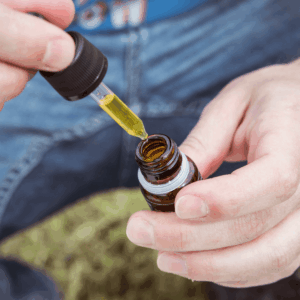
What to Do If You Fail a Drug Test After Using CBD
So what happens if you do fail a drug test after using CBD? First of all, don’t panic—it doesn’t necessarily mean the end of your job or career, especially if you can prove your case. Here’s how to handle the situation:
- Request a confirmatory test, like gas chromatography-mass spectrometry (GC-MS), which can distinguish between THC and other cannabinoids.
- Provide evidence of your CBD use, including receipts, COAs, and any doctor’s recommendations (if applicable).
- Consult legal counsel if your job or benefits are on the line.
- Be proactive: the more documentation you have upfront, the stronger your case will be if challenged.
Employers may be more understanding if you can clearly demonstrate that you were using a legal, non-intoxicating product and had no intention of consuming THC.
Final Thoughts: Is CBD Safe for Drug-Tested Individuals?
Ultimately, CBD in its purest form does not cause a failed drug test, but the real world isn’t always that simple. Many CBD products contain small—but potentially significant—amounts of THC, especially if they’re full-spectrum or poorly labeled. That’s why it’s important to treat CBD with the same level of scrutiny you would any supplement or medication, especially if your job or legal standing depends on passing a drug test.
If you’re in a position where testing is routine, your best bet is to stick to CBD isolate or carefully vetted broad-spectrum products that have been independently tested for THC. When in doubt, read the label, request a COA, and keep your receipts. With a little caution and a lot of awareness, it’s absolutely possible to use CBD safely—even under the pressure of drug testing.
Does CBD Show Up on a Drug Test: Frequently Asked Questions
1. Can CBD fail a drug test?
CBD itself is not typically screened for in standard drug tests, and pure CBD (especially isolate) should not trigger a positive result. However, some CBD products—particularly full-spectrum or mislabeled items—can contain trace amounts of THC. If enough THC builds up in your system, it may lead to a failed drug test. That’s why it’s crucial to choose products that are third-party tested and verified to be THC-free.
2. How long does CBD take to get out of your system?
The amount of time CBD stays in your system depends on factors like dosage, frequency of use, metabolism, body fat percentage, and method of consumption. In general, CBD may be detectable for anywhere from 2 to 5 days in most people, though it could linger longer with frequent or high-dose use. Unlike THC, CBD isn’t typically a concern for drug testing—but it’s still helpful to understand its window of presence.
3. What drugs don’t show up on drug tests?
Standard drug tests are designed to detect specific classes of substances, such as opioids, amphetamines, cocaine, cannabis (THC), and benzodiazepines. Substances that often don’t show up unless specifically tested for include:
- Certain prescription medications (e.g., antidepressants, antipsychotics)
- Over-the-counter drugs (like ibuprofen or antihistamines)
- Supplements and nootropics
- Pure CBD products (unless they contain THC)
However, specialized or extended drug panels can be ordered to detect a wider range of substances if needed.
4. Does CBD show up in lab work?
CBD can show up in lab tests if the testing specifically targets it, but standard employment-related drug tests do not look for marijuana-derived CBD. If you’re undergoing medical testing for other reasons, such as liver function or medication interactions, your healthcare provider may be able to see that you’re using CBD—especially if you disclose it. It’s always a good idea to inform your doctor about CBD use to ensure it doesn’t interfere with other treatments or prescriptions.
5. How much THC needs to be present for a positive drug test?
Most urine drug tests flag a positive result if THC-COOH levels exceed 50 nanograms per milliliter (ng/mL), though this threshold can vary slightly depending on the lab or testing method used.
6. Are CBD products sold online safe?
Cannabidiol extracts sold online can be safe, but quality varies widely. To ensure safety, always buy from reputable sources like Hyperwolf LA, where all products are third-party lab tested, clearly labeled, and verified to be free of harmful contaminants.




